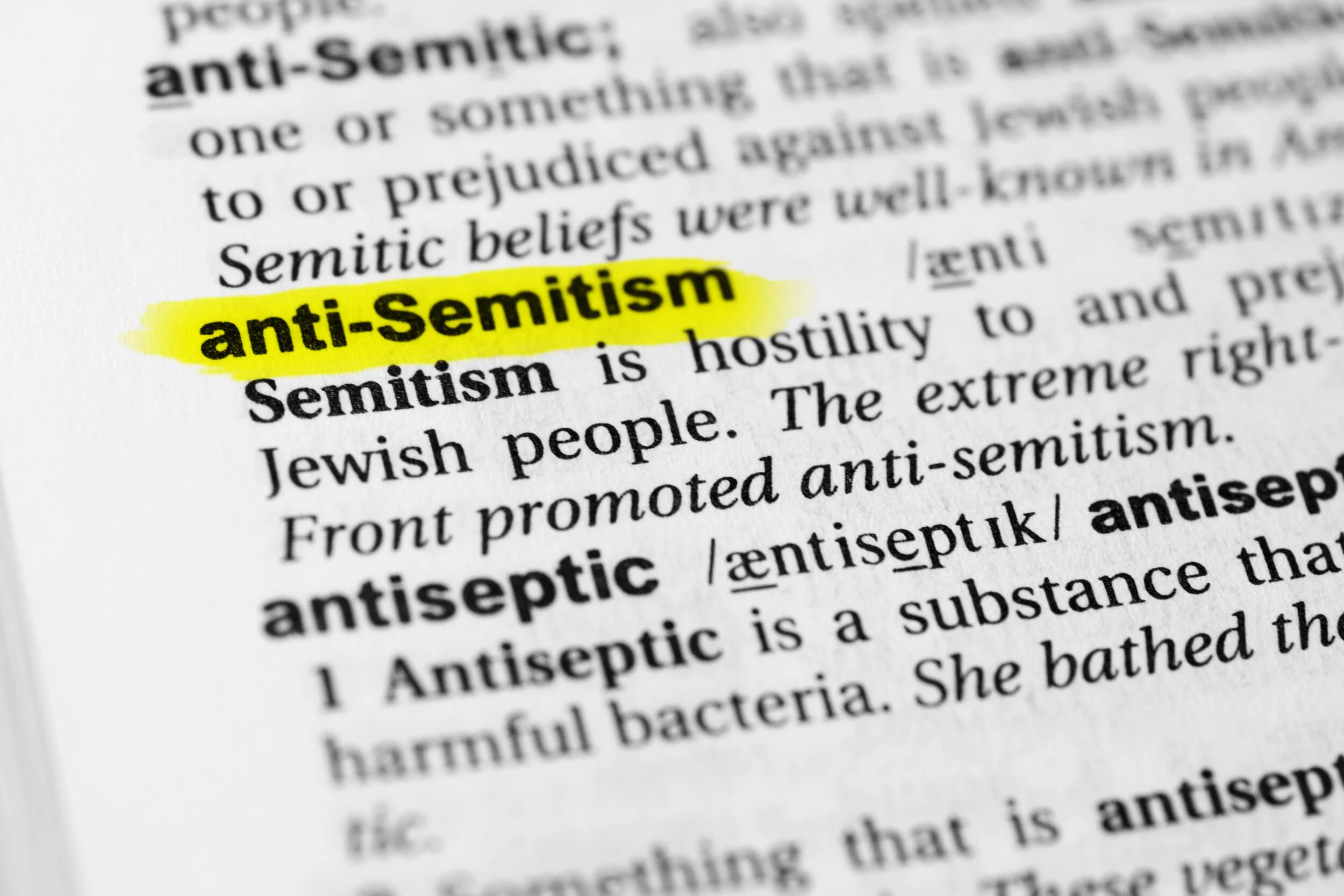Religions evolve and accommodate as they migrate around the globe. What works in one time and place may not in another for a host of cultural and political reasons, forcing adjustments that facilitate their establishment or survival.
Historical examples abound. Not the least of which are the monumental transformations that occurred within early Christianity as it migrated across the Roman world from the Levant, and within early Islam as it spread from the Arabian Peninsula west to the Atlantic coast and east across Asia.
Here are two more recent examples of religious accommodation.
The first occurred in the late 19th Century when the Church of Jesus Christ of Latter-day Saints made a corporate decision to jettison its public practice of polygamous marriage to smooth the way for Utah’s full acceptance into the expanding United States. This despite plural marriage remaining part of the church’s scriptural doctrine to this day. The practice, though illegal under secular law, is still followed by some breakaway Mormon sects.
The second example was the melding of Roman Catholicism and West African tribal beliefs in the Caribbean and South America by Black slaves and their descendants. This gave rise to syncretic faiths such as Santeria and Voodoo. They persist today side by side with the church in ways that would scandalize the hierarchy, were it happening on a similar scale in the United States.
It’s not unusual for Mass-going Cuban, Haitian and Brazilian Catholics to also draw meaning from West African-derived rituals that to outsiders might appear hard to reconcile with core church beliefs.
A contemporary religious travel story is the Westernization of Asian Buddhism. Tricycle, a leading American Buddhist publication, deconstructed the phenomenon in its Spring 2021 issue.
The piece is well worth the time of journalists interested in moving beyond today’s often superficial religion headlines. To understand a group’s sociology is to better understand why members act as they do in the public square, journalism’s primary purview.
I suggest you view the Tricycle essay — which weighs in at more than 3,600 words — as a sort of crash course in the adaptation of religions to new circumstances. This will help reporters spot stories in the communities served by their newsrooms.










